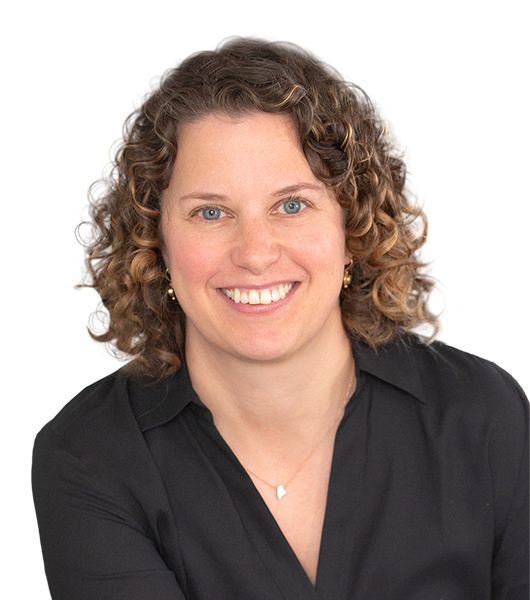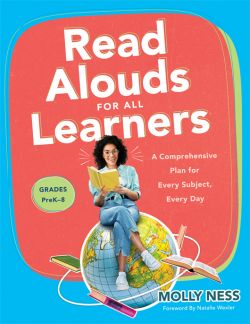
Molly Ness
Dr. Molly Ness is a former classroom teacher, a reading researcher, and a teacher educator. She spent 16 years as an associate professor of childhood education at Fordham University. She has extensive experience in reading clinics, consulting with school districts, leading professional development, and advising school systems on research-based reading instruction.
Molly Ness
Dr. Molly Ness is a former classroom teacher, a reading researcher, and a teacher educator. She earned a doctorate in reading education at the University of Virginia and spent 16 years as an associate professor at Fordham University in New York City. The author of five books, Dr. Ness served on the Board of Directors for the International Literacy Association and is a New York state chapter founder of the Reading League.
Dr. Ness has extensive experience in reading clinics, consulting with school districts, leading professional development, and advising school systems on research-based reading instruction. She’s provided literacy leadership for nationally recognized literacy nonprofits as well as major educational publishers.
In 2024, Dr. Ness was invited to serve on the New York State Dyslexia Task Force. A frequent speaker and presenter, her happy place is translating the science of reading to schools and teachers. As a tireless literacy advocate, Molly created the End Book Deserts podcast, which brings awareness to the 32 million American children who lack access to books. In 2024, she founded Dirigo Literacy, a literacy consulting firm supporting schools, districts, and states in aligning with and implementing the science of reading.
Click here for the white paper
Presentations by Molly Ness
- Funds of Knowledge and Their Influence on Comprehension
- A Deep Dive into the Science of Reading
- The Science of Reading in K–2 Classrooms
- The Science of Reading in 3–8 Classrooms
- Dyslexia: Separating Fact from Fiction
- Building Comprehension through Think Alouds
- Planning Effective Read Alouds across K–8 Content Areas
- Effective and Engaging Vocabulary Instruction
- Best Practices for Comprehension Instruction
- Ending Book Deserts: With Literacy and Access for All
- Growing Lifelong Readers
- Building Language Comprehension through Read Alouds
- Using Decodable Texts to Support Phonics, Fluency, and Independent Reading

